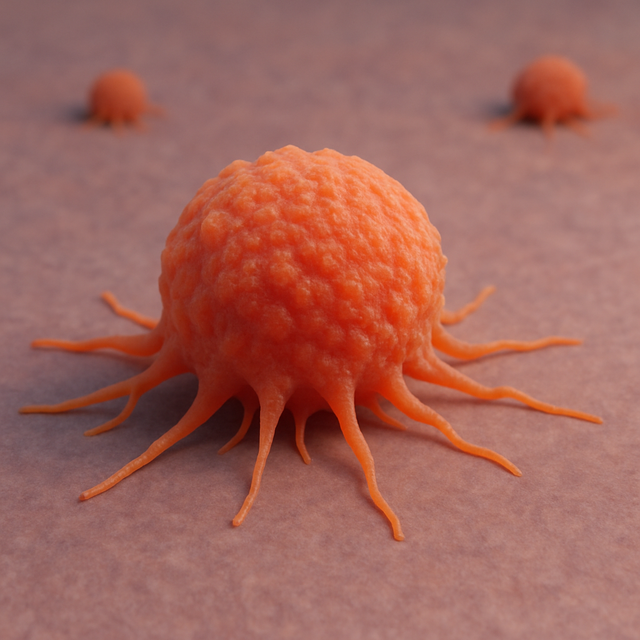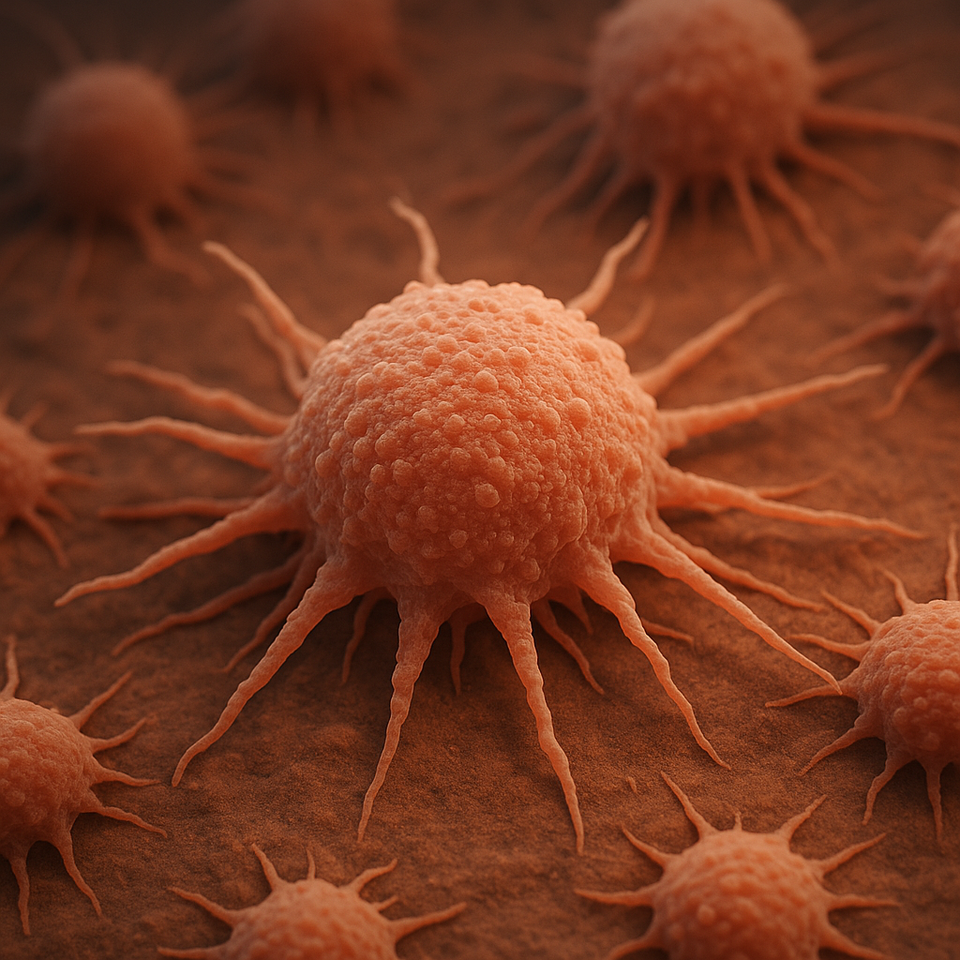A potential step forward in the treatment of hard-to-detect tumours
A new experimental vaccine developed in Leiden targets lung cancer cells that evade the immune system. The approach could make immunotherapy more effective for patients for whom existing treatments prove ineffective.
'Invisible’ cancer cells
Researchers at Leiden University Medical Centre (LUMC), in collaboration with Erasmus MC and the Oncode Institute, have developed an experimental vaccine that addresses a major challenge in oncology — the medical field focused on cancer. In many patients with advanced non-small cell lung cancer, existing treatments such as immunotherapy are often ineffective because certain tumour cells manage to evade the immune system — the body’s natural defence mechanism against disease. The vaccine makes these ‘invisible’ cancer cells detectable once again, potentially enabling immunotherapy to be used in a more targeted and effective manner. While it is not yet a complete solution, early results indicate that this approach could represent a promising new direction in the treatment of therapy-resistant lung cancer.

Vaccine
The vaccine, tested in an initial study involving 26 patients, reactivated the immune system in more than 80 per cent of them. The technology targets a recently identified tumour protein, known as TEIPP, which appears only on so-called ‘escaped’ cancer cells. This discovery, made in Leiden, forms the basis for a targeted vaccination strategy that does not harm healthy cells. “What makes this approach unique,” says project leader Professor Sjoerd van der Burg, “is that we are not activating the immune system indiscriminately, but training it to specifically recognise tumour cells that have gone into hiding.”

